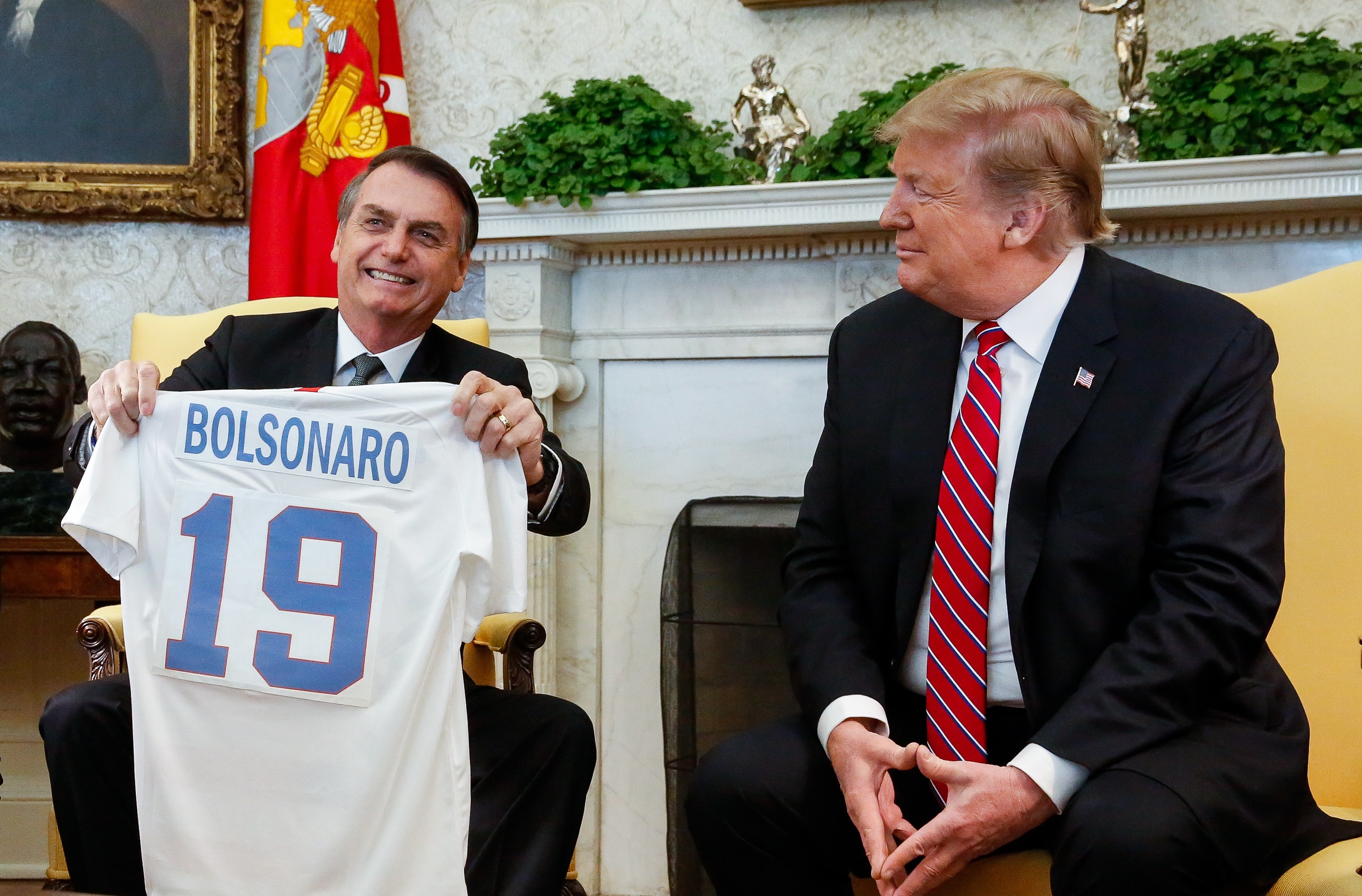Death Penalty for D.C. Murderers - Trump
By Asmita - Aug 30, 2025
President Donald Trump expressed intention to seek the death penalty for murderers in Washington, D.C. during a lengthy Cabinet meeting, highlighting his aggressive law-and-order agenda and efforts to exert federal control over the capital's criminal sentencing. Despite facing legal and political challenges, Trump's proposal has drawn criticism for potentially defying local autonomy and downplaying concerns about the effectiveness and morality of capital punishment.

Isac Nóbrega/PR via Wikimedia commons
,[object Object], made headlines during a marathon Cabinet meeting at the White House by declaring his intention to seek the death penalty for murderers in ,[object Object],, D.C.. The meeting, which lasted over three hours, was notable for both its length and its sweeping policy proposals targeting crime and federal authority in the capital. Trump emphasized capital punishment as "a very strong preventative," arguing that the new approach would help deter violent crime in the nation’s capital, a city where the last execution took place in 1957 and the death penalty was abolished by local authorities in 1981.
The announcement comes as part of Trump’s aggressive law-and-order agenda and his broader efforts to exert more federal control over D.C. Under current legal structures, most homicides in the district are prosecuted under the local criminal code in D.C. Superior Court, where capital punishment is not permitted. However, given D.C.’s unique status as a federal district, Trump explained that federal prosecutors, led by the ,[object Object],, could pursue the death penalty in certain cases eligible under federal law. This distinction allows for avenues where capital punishment might be applied even if local laws prohibit it, giving Trump’s administration significant influence over criminal sentencing in the city.
The policy suggestion is controversial and faces a number of legal and political hurdles. For decades, attempts to restore the death penalty in ,Washington,, D.C. have met fierce opposition from local leaders and residents, who overwhelmingly rejected the measure in a 1992 referendum. Critics say the move defies the will of D.C.’s elected officials and its citizens, raising questions about local autonomy and federal overreach. Opponents, such as advocacy groups aligned with Catholic teaching, argue that capital punishment neither promises safety nor serves as an effective solution to violence, calling Trump’s idea “a terribly misguided approach” that disregards the dignity of life.
Trump’s Cabinet meeting was also marked by praise from officials and a focus on his administration’s efforts to address a host of issues, from policing reforms to spiraling costs of living in the capital. Despite glowing support within his administration, many observers note that the proposal’s success depends on overcoming both judicial reluctance and societal opposition, as juries in D.C. have historically hesitated to implement capital punishment, even when convinced of guilt. The president, however, remains committed, stating, “We have no choice,” and signaling that federal authorities would utilize every legal measure available to enforce the new standard.


